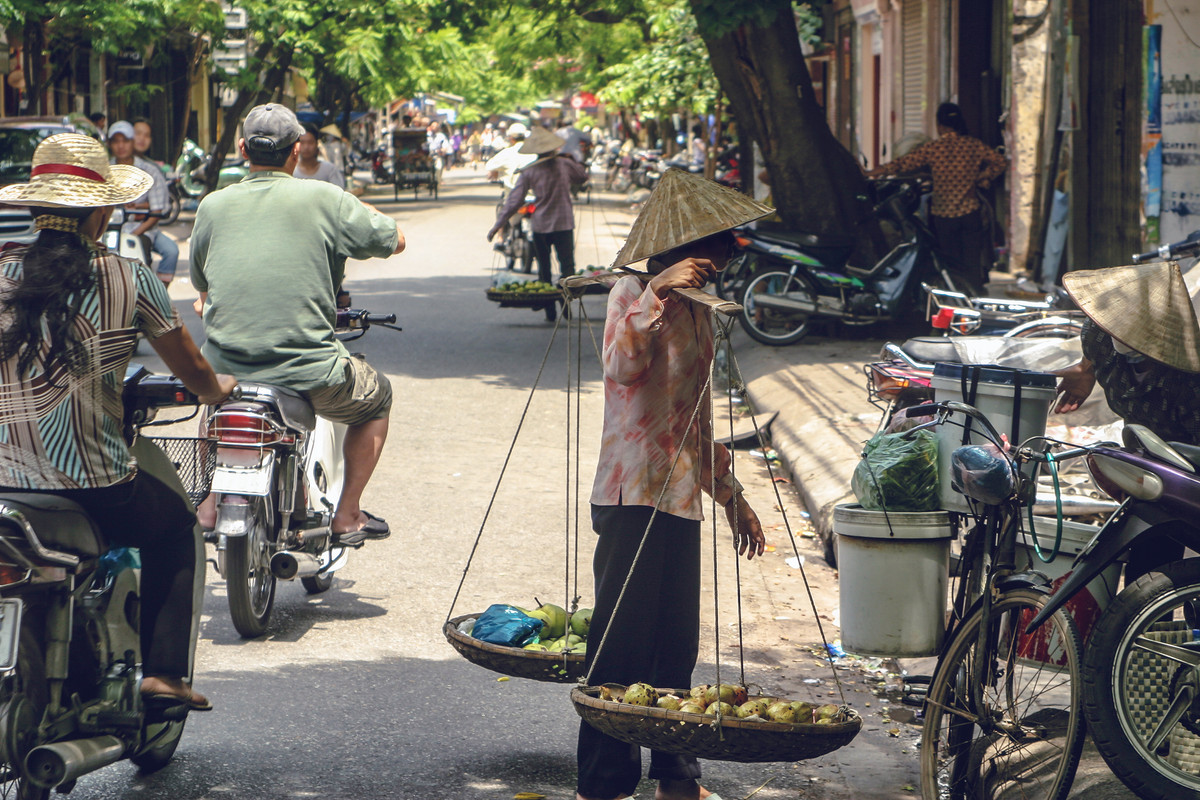Understanding the healthcare system in Vietnam
The Vietnamese healthcare system: public and private
Special features of Vietnamese health insurance
Health insurance for expatriates in Vietnam
Health insurance for tourists and expatriates in Vietnam
Health insurance for companies in Vietnam
The Vietnamese healthcare system has evolved considerably since the reforms of 1986 which gave public hospitals financial autonomy and improved hospital facilities. These changes have taken place mainly in the major cities so it’s sometimes easier to access healthcare in urban areas than in the provinces. Despite these improvements, there’s still a long way to go before the Vietnamese healthcare system reaches international standards.
The private sector has also developed as a result of the reforms. However, it remains largely uncontrolled by the State and can therefore pose risks.
As the quality of care varies, we advise taking out private health insurance with a verified, high-quality medical network, whether in Vietnam or in neighboring countries. If you were to have an accident, you'll be sure of receiving proper care (even if you have to opt for medical evacuation) and you'll benefit from better coverage.

For French expatriates, one option is to join the “Caisse des français de l'étranger” (CFE) for healthcare-maternity-disability, occupational accidents and diseases, and old-age insurance. However, this does not guarantee full coverage, especially in case of serious illness or accident.
Some insurers offer health insurance plans designed specially for expatriates, covering medical consultations or hospitalization in Vietnam and elsewhere. These plans provide coverage in case of medical evacuation, a crucial aspect to bear in mind given the risks of endemic diseases and road accidents.


Private insurance can also be a solution for the self-employed who can voluntarily join the country's Social Security system.
The Vietnamese place great importance on traditional Vietnamese medicine, which is very similar to traditional Chinese medicine (acupuncture, herbal remedies and exercises such as tai-chi and qi-gong, and tui-na massage).

Since June 2023, around 50 major hospitals in Vietnam have increased their fees for people who are not covered by health insurance.
Don't forget your prescription, as without it, customs officials may confiscate your medication.













